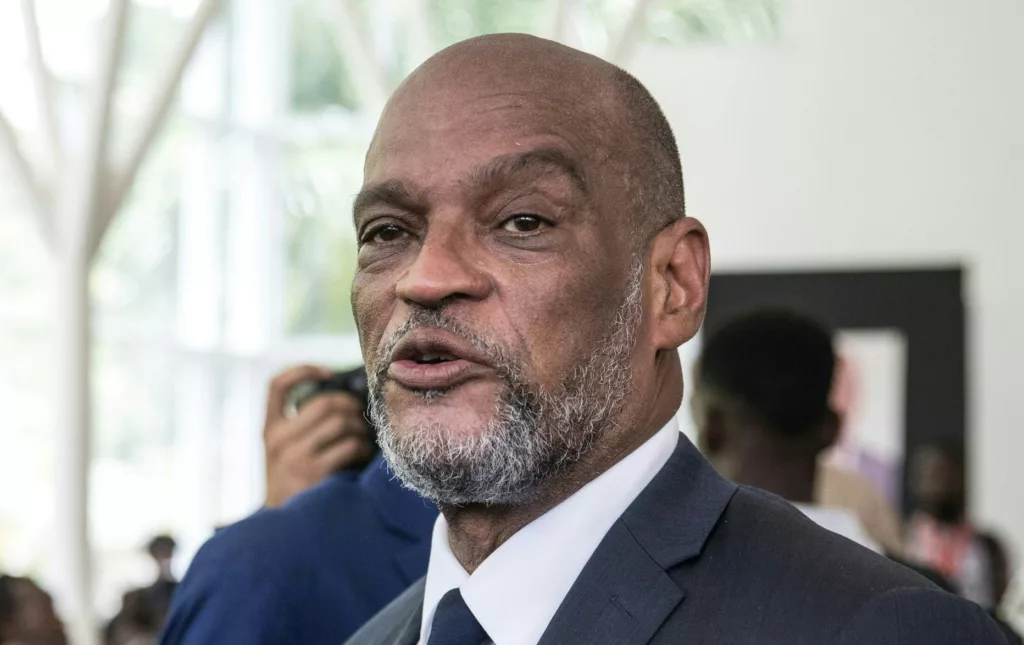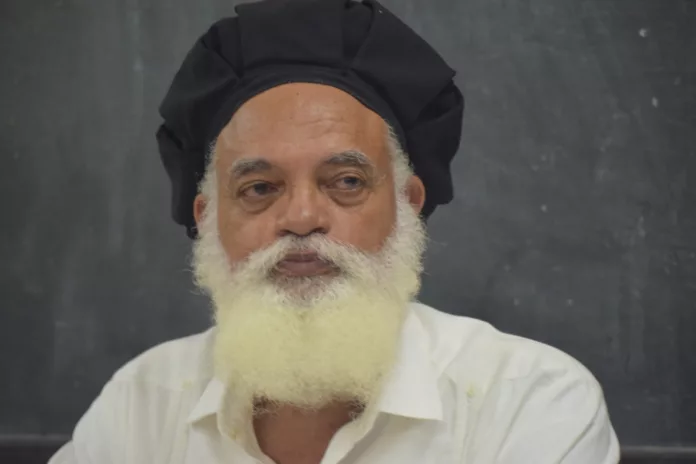
By Robert Andre Emmanuel
Former Ambassador to Cuba and the African Union Bruce Goodwin says Caricom had little choice but to take action on Haiti, following the announcement of a transitional council and the resignation of Haiti’s President, Ariel Henry.
The turmoil in Haiti continues to concern many regional leaders as the country now turns to the transitional body to appoint an interim prime minister to help put it on the path to stability.
The announcement of Henry’s resignation came amidst high-level lobbying by regional leaders, including Antigua and Barbuda’s Prime Minister Gaston Browne, for him to do so.
Henry had been unable to return to home after a visit to Kenya, due to gang leaders shutting down the Toussaint Louverture International Airport and other ports of entry to block his return.
Ambassador Goodwin said Henry’s resignation was long overdue.
“It was coming and that is one of the conditions that had been laid down by Caricom for a successful movement forward in this very complicated matter in Haiti,” he said on Observer AM yesterday.
Although Haiti has been dealing with a complex gang situation, especially in its capital city of Port-au-Prince, for many years, recent weeks have seen an explosion in gang violence.
President Henry remained stuck in Puerto Rico, unable to return to his country after meeting with Kenyan leaders to negotiate for a multinational policing mission backed by the United Nations (UN).
This multinational force has been put on pause until a new government has been installed.
Late Monday, Caricom leaders who participated in an emergency meeting with Caricom chair, Guyanese President Dr Irfaan Ali, welcomed the news of the transitional council, which will include seven voting members and two non-voting observers, responsible for selecting an interim prime minister.
The voting members are expected to include members of political parties and the private sector in Haiti, and the non-voting members will be one member of civil society and one member of the interfaith community.
Also attending the Caricom meeting were representatives from France, the United States of America, Canada, Brazil, and Mexico.
Ambassador Goodwin added that the “gangsterism” in Haiti needed to be curtailed by regional leaders to prevent their own gangs from emulating their actions.
“I think Caricom is quite proper in its intervention … Haiti is a member of Caricom. However, Caricom is based on a charter of civil society which defines Caricom as the regional organisation of sovereign independent democratic states and to the extent that the Haitian state has pretty much collapsed.
“It means that it is in breach of that charter and Caricom’s effort is to attempt to bring Haiti back within the legitimacy that is required,” the former ambassador said.
However, it remains to be seen whether the estimated 200 gangs in Haiti — who control more than 80 percent of the capital — will allow the region or the international community to enact their plans to wrest control away from them.
Jimmy “Barbeque” Chérizier — the 47-year-old police officer turned gang leader — had been reported by the BBC to be most vocal in pushing for the ouster of President Henry and has articulated that the Haitian people should determine the future of their country.
Guy Phillipe was another former police officer mentioned in the BBC report, who helped in the coup against President Bertrand Aristide in 2004.
He has repeatedly expressed a desire to become the country’s president, having run for the Senate in 2016.
The former ambassador said it is these types of bad examples that Caricom is trying to curtail.
“We have certain Caricom states which also have severe problems with gangs; Jamaica, the Bahamas, also Trinidad.
“And when you look at the situation, you wonder if this precedent in Haiti, where gangs have virtually destroyed the state, threatening civil war, threatening genocide, threatening to seize power, you look at that situation and wonder, could that kind of thing spill over into other Caricom states?” Ambassador Goodwin said.
He said that based on Haiti’s history with the US, France, and the United Nations, Caricom stands as the most credible institution to help its regional neighbour.
He said, “So, therefore I do not accept the criticisms from people who are saying, ‘Caricom is being a handmaid of the US and so forth’. That cannot be accepted…because the fact is there is no credible alternative to Caricom’s intervention and that is how I would analyse that.”

